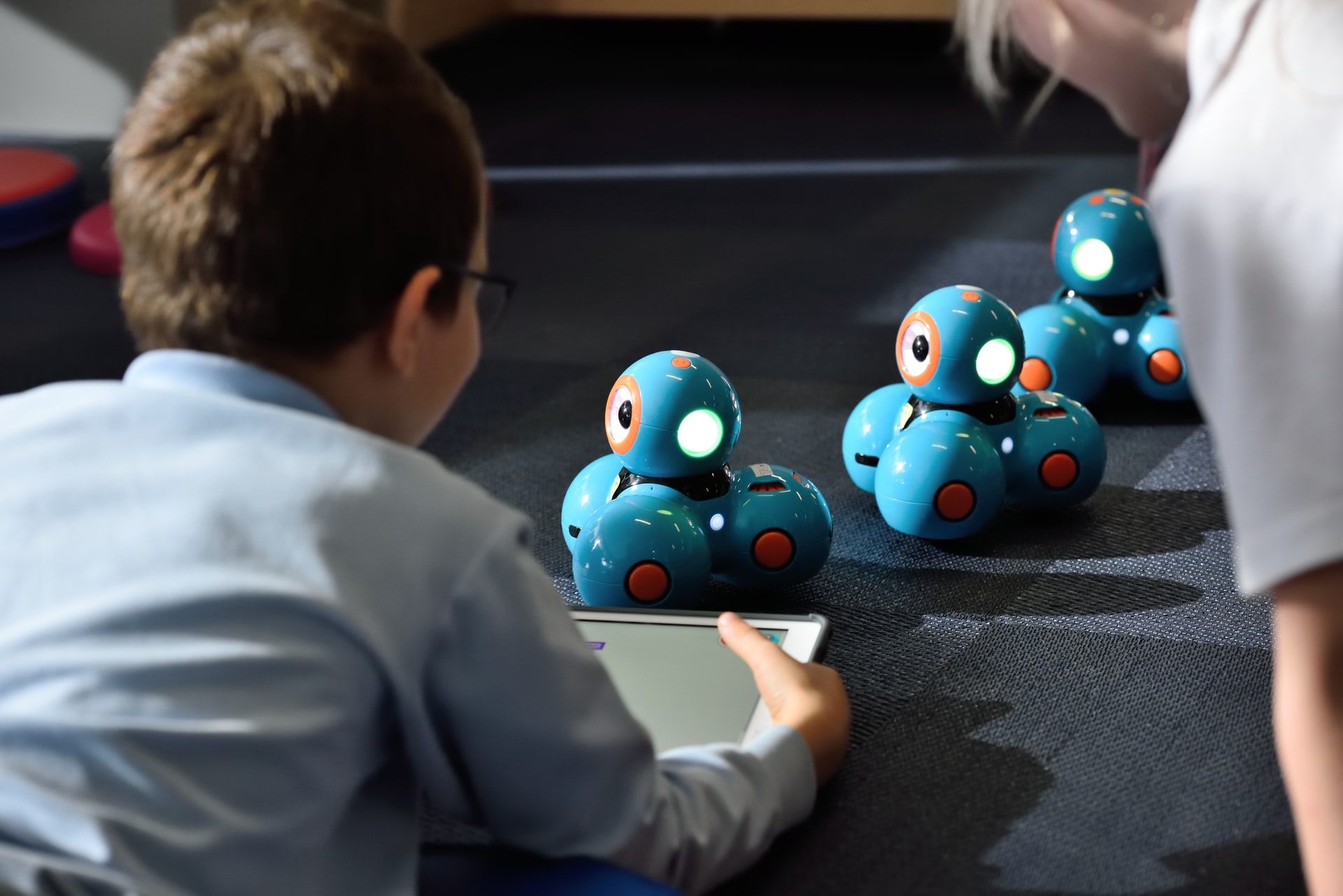By Dan Matthews

Solid STEM education is perhaps one of the best gifts parents and teachers can give students, equipping them today with the tools they will need to fill some of the most lucrative and in-demand jobs of tomorrow. But although STEM learning has so much to offer, many children, teens, and college students often avoid science and technology curricula due to the inherent rigor of such programs.
And there is significant justification for those fears. Studies show that students enrolled in STEM programs are at an elevated risk of developing stress and anxiety. The good news, though, is that there are many things that parents and educators can do to help STEM students cope with the demands of a science and technology-based education and, in the process, attract even more students to the field.
Building a Strong Sense of Self-Efficacy
One of the most important things you can do to help STEM students develop the coping skills they will need to succeed in their programs while remaining physically, emotionally, and psychologically healthy is to cultivate a strong sense of self-efficacy.
Students who are enrolled in science and technology programs tend to always already belong to the highest academic echelons. They are likely to be the overachievers, lauded both in school and outside it for their academic successes and ambitious pursuits.
And as important as such positive reinforcement may be, it can also bring with it a lot of pressure. These high-achieving students may need help in separating their sense of identity and self-worth in their academic successes if they are not to succumb to the anxiety and depression that such unremitting stress, including self-imposed stress, can incite.
Ultimately, though, when these overachievers tie their sense of self to good grades, aced exams, or advanced coursework, they’re giving their power over to their evaluators, their teachers, professors, and exam boards. And when you do that, you’re primed for anxiety and depression.
But when students learn to develop a strong sense of self-efficacy, including the resiliency to learn from and overcome inevitable failures when they occur, then they’re going to be more confident, competent, and capable of persevering and succeeding in these challenging fields. This happens because students learn to see setbacks not as an indicator of some intractable deficiency in themselves, but simply as a sign that a new strategy is needed to help them succeed.
By learning to cope with failure by drawing on crucial inner sources, inherent senses of self-worth and self-actualization will enable students to respond to disappointment and frustration productively and proactively, such as hiring a tutor or changing their study habits.
Learning to Practice Self-Care
Students who are enrolled in STEM programs can easily find themselves consumed with their studies, taking little time to practice self-care. However, the failure to attend to physical and emotional wellness won’t just have consequences for students’ health and wellbeing, but it will also undermine their academic performance as well.
Thus, if you want to help STEM students to develop the coping skills they need to succeed in their studies in particular and in life in general, then it’s imperative to educate and support them in the necessity of a healthy lifestyle. For example, science and technology students must be helped to understand how crucial quality sleep and healthy nutrition are when preparing for exams. And this means that students can face their exams with far more confidence and far less anxiety.
Preventing Unhealthy Coping Behaviors
As important as it is to help students adopt healthy coping behaviors, it’s just as vital to identify and prevent the unhealthy ones. For instance, college students, regardless of their field of study, are particularly at risk for binge drinking, which can lead not only to addiction but also to potentially life-threatening consequences due to accidents or alcohol toxicity.
Because of the inevitable stressors that STEM students face, the temptation to resort to short-term but ultimately dangerous and counterproductive coping mechanisms can be especially strong. For this reason, students must be equipped with an array of support systems that help them mitigate these temptations, avoid the risks, and learn to cope safely and productively.
EdTech, for example, can be a powerful tool for supporting students’ wellness. These technologies, of course, can provide students with immediate access to teachers, professors, and other experts, which can alleviate a great deal of anxiety when students are grappling with a particularly difficult concept or project. Even more exciting, perhaps, is that these technologies can give students a voice, a platform to speak about their doubts, their fears, and their concerns. The immediacy and anonymity of these platforms enable students to receive the support and encouragement they may need without the fear of potential reprisals.
The Takeaway
STEM professions may well be the careers of the future, but many students continue to be scared away from the curricula. The good news, however, is that with a bit of strategy and a lot of care, parents and educators can help STEM students of any age and grade level develop the coping skills they need not only to succeed in science and technology programs but to thrive in them.
Learn more about STEM in Education with RobotLAB!
K12 students will graduate into a workforce that’s rife with technology in an era where robots and AI will become widely used in our everyday lives. RobotLAB is committed to bringing this technology to the students and enhancing their experience with tools that truly bring learning to life.



